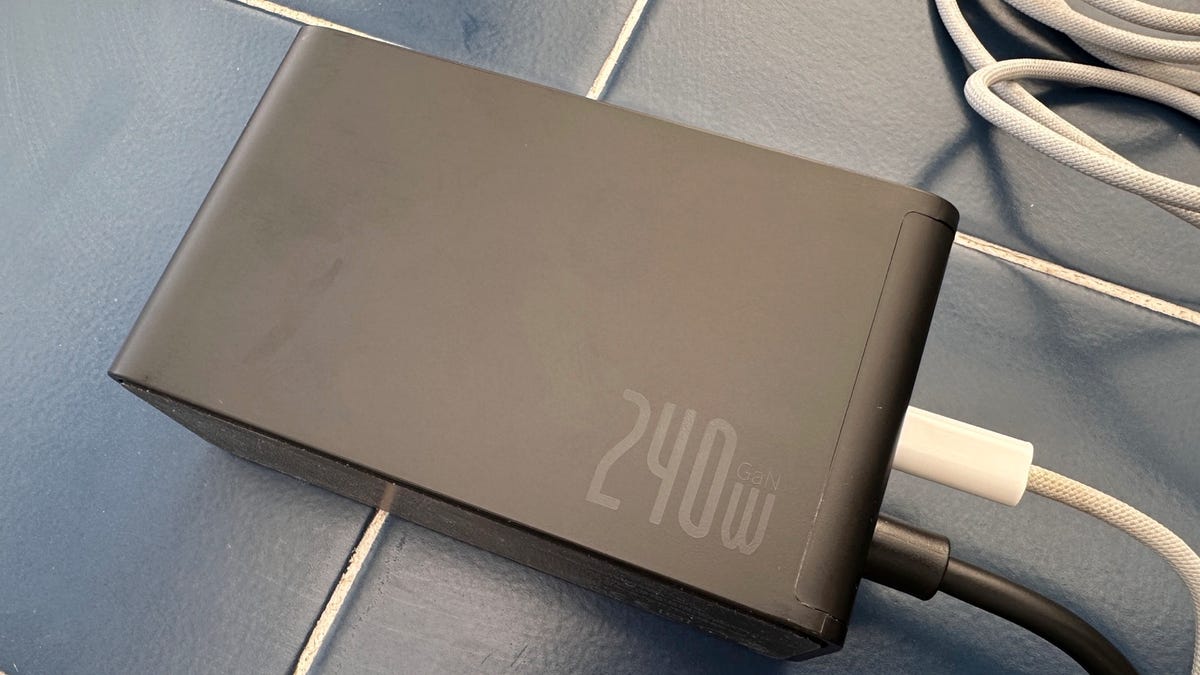BOOK THIS SPACE FOR AD
ARTICLE ADThe National Payments Corporation of India (NPCI) on Friday extended the deadline for third party UPI players to meet its 30 percent volume cap in digital payment transactions by two years to end-December 2024.
The decision may provide a relief to third party app providers (TPAP) like Google Pay and Walmart's PhonePe which have a majority share in UPI-based transactions.
NPCI runs the Unified Payments Interface (UPI) used for real-time payments between peers or at merchants' end while making purchases.
In November 2020, NPCI had announced to limit a single third party app to handle only 30 percent of overall UPI transaction volumes. The cap was to come in force from January 1, 2021.
However, the TPAPs (live on November 5, 2020) which were exceeding the cap were given a period of two years to comply with the norms in a phased manner.
"Taking into account the present usage and future potential of UPI, and other relevant factors, the timelines for compliance of existing TPAPs who are exceeding the volume cap, is extended by two (2) years i.e. till December 31, 2024, to comply with the volume cap," NPCI said in a circular.
NPCI further said that in view of significant potential of digital payments and the need for multi-fold penetration from its current state, it is imperative that other existing and new players (banks and non-banks) shall scale-up their consumer outreach for the growth of UPI and achieve overall market equilibrium.
TPAPs typically tie-up with banks at the back-end to add users and process payments for them.
It was reported last month that the NPCI is planning to propose the Reserve Bank to implement the earlier deadline of December 31, 2023, for limiting the volume cap of players to 30 percent. It is to be noted that currently there is no volume cap, leading to Google Pay and PhonePe accounting for around 80 percent of the total market share.
Affiliate links may be automatically generated - see our ethics statement for details.
.png)
 1 year ago
104
1 year ago
104 














 Bengali (Bangladesh) ·
Bengali (Bangladesh) ·  English (United States) ·
English (United States) ·